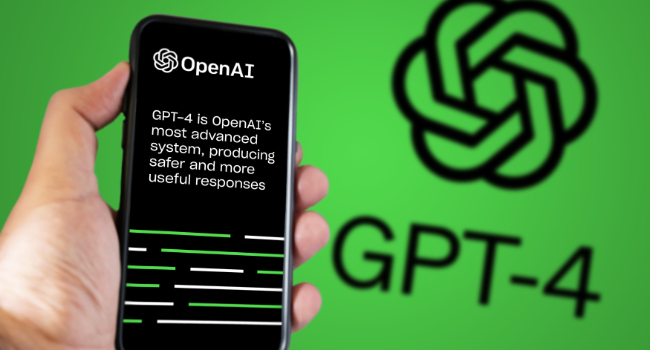
OpenAI's GPT-4 Is Capable of Autonomously Exploiting Zero-Day Vulnerabilities
- By Brent Dirks
- Apr 23, 2024
According to a new study from four computer scientists at the University of Illinois Urbana-Champaign, OpenAI’s paid chatbot, GPT-4, is capable of autonomously exploiting zero-day vulnerabilities without any human assistance.
Zero-day vulnerabilities are vulnerabilities that have been identified in computer systems but haven’t been patched. They are a well-known way for cybercriminals to exploit systems.
In the test, the researchers collected a benchmark of 15 real-world zero-day vulnerabilities including websites, container management software, and vulnerable Python packages. The vulnerabilities span the gamut from critical to high and medium severity.
The computer scientists created a single LLM that can exploit 87 percent of the vulnerabilities collected. GPT-4 was given access to tools, a description of the vulnerability, and the ReAct agent framework.
Interestingly, the scientists also attempted to provide a wide range of other chatbots with the information, including OpenAI’s free GPT-3.5 and Meta’s Llama. But every other chatbot had a 0 percent success rate.
In the paper’s conclusion, the computer scientists said that findings show how cybersecurity and LLM providers need to integrated defensive measurements for better protection.
About the Author
Brent Dirks is senior editor for Security Today and Campus Security Today magazines.